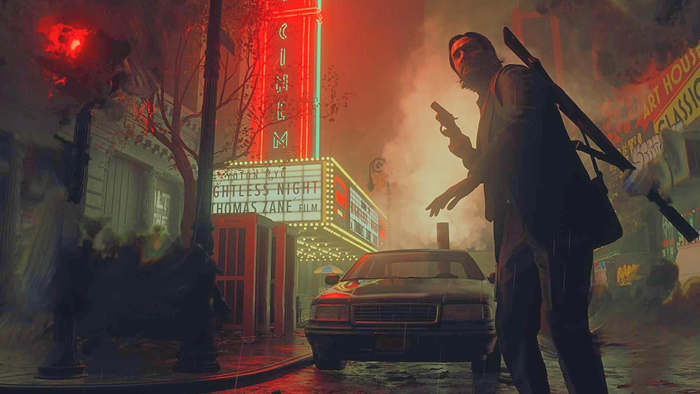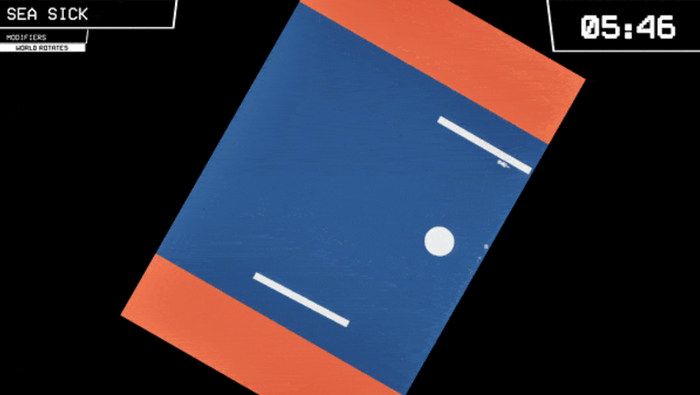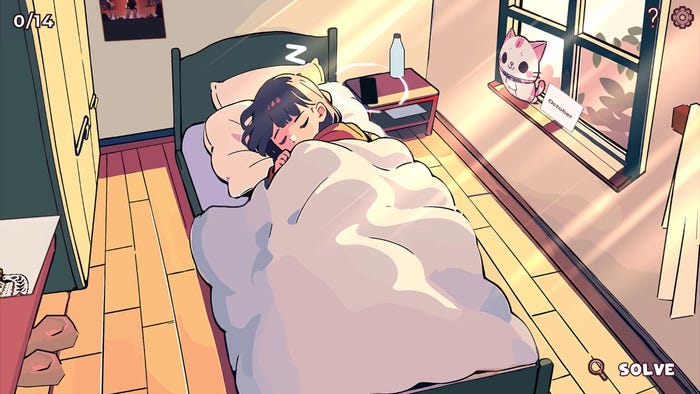The Lens of Magic
Stop thinking about your game and starting thinking about what your players think about your game.

A little background before digging into this post: I have been reading Jesse Schell’s The Art of Game Design: A Book of Lenses only to find it to be an amazing piece on game design and the human experience. It’s an absolutely fantastic book and has become my game design bible and litmus by which every game and experience I encounter is judged. If you are a blossoming game designer, or even a veteran, I HIGHLY recommend you pick it up.
In the book, Mr. Schell introduces the concept of Lenses: questions that a designer asks about their game design in order to refine some specific aspect. I love this idea and it has been invaluable so far. The book outlines 100 such lenses, but I feel there are many more that Mr. Schell simply couldn’t fit into the book. I hope to introduce my own lenses that will continue the legacy of The Art of Game Design and do my part in expanding the game design world. So, without further ado, I present my first Lens:
—————————————————————————————————————
The Lens of Magic
Stop thinking about your game and start thinking about what your players think about your game. Ask yourself these questions about the initial state of mind of your players:
What presumptions will my players have before playing my game?
Which presumptions can be used as a source of Surprise?
Which presumptions can be used to reinforce my Theme?
Which presumptions may become a problem as they play?
What perceptual inconsistencies can I leverage to make my gameplay more smooth or interesting?
——————————————————————————————————————
Magic in our world really means ‘sleight of hand’ or some other trickery that exploits a viewer’s preconceptions (such as the belief that the man on stage wouldn’t lie to you) or perceptual inconsistencies (usually referred to as ‘object permanency’ or the idea that an object will stay in the last position you witnessed it). For magicians and street performers these are the very foundation of their art: how can I keep my audience’s attention on the ball in my left hand long enough to remove the other ball from under the cup?
Surprisingly, magic never seems to lose it’s potency no matter how many times you have seen someone sawed in half or watched someone pull a rabbit out of a hat. Even more strange is that this pattern seems to be only vaguely referenced in games even though I feel it could provide some truly surprising and complex play. Now, you may be thinking (as I initially did) that this concept may not work for video games since objects are not permanent in a virtual world and removing or relocating them would simply be ‘cheating’. While I acknowledge that this kind of manipulation could simply confuse the player I feel that it’s proper application can add a twist of intrigue to a situation.
The trick here is immersion. If the player is properly engaged in the experience, they will likely still apply real-world logic to the situation and be easily fooled by simple magic tricks. One way to make the Lens of Magic work well is to make it an integral part of the game. Something as simple as players vie to trick one another or attempt to steal an item from each other.
You might say that this Lens could be included in the Lens of the Player, and I wouldn’t say you are wrong. However, I feel that the approach of exploiting a player’s preconceptions and idiosyncrasies is specialized enough that it warrants a second look. The Lens of the Player and the Lens of Surprise come together with the Lens of Magic to provide a powerful perspective on your game that strengthens immersion.
If nothing else, the Lens of Magic could simply be used to determine good ways of distracting players from boring (but necessary) parts of your game, such as loading assets. We’ve all seen the garish loading screens that have become quite popular. Using the Lens of Magic, you may be able to find a creative way to hold the player’s attention without the need to present a loading screen at all. Admittedly, this is unlikely for most games, but it might work for yours. Take a look through the Lens of Magic and find out!
Read more about:
BlogsAbout the Author(s)
You May Also Like









